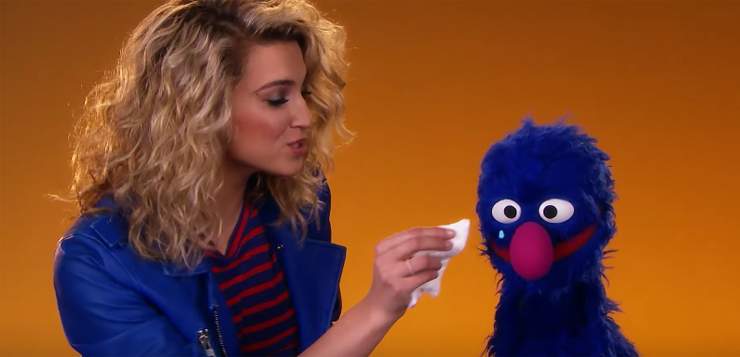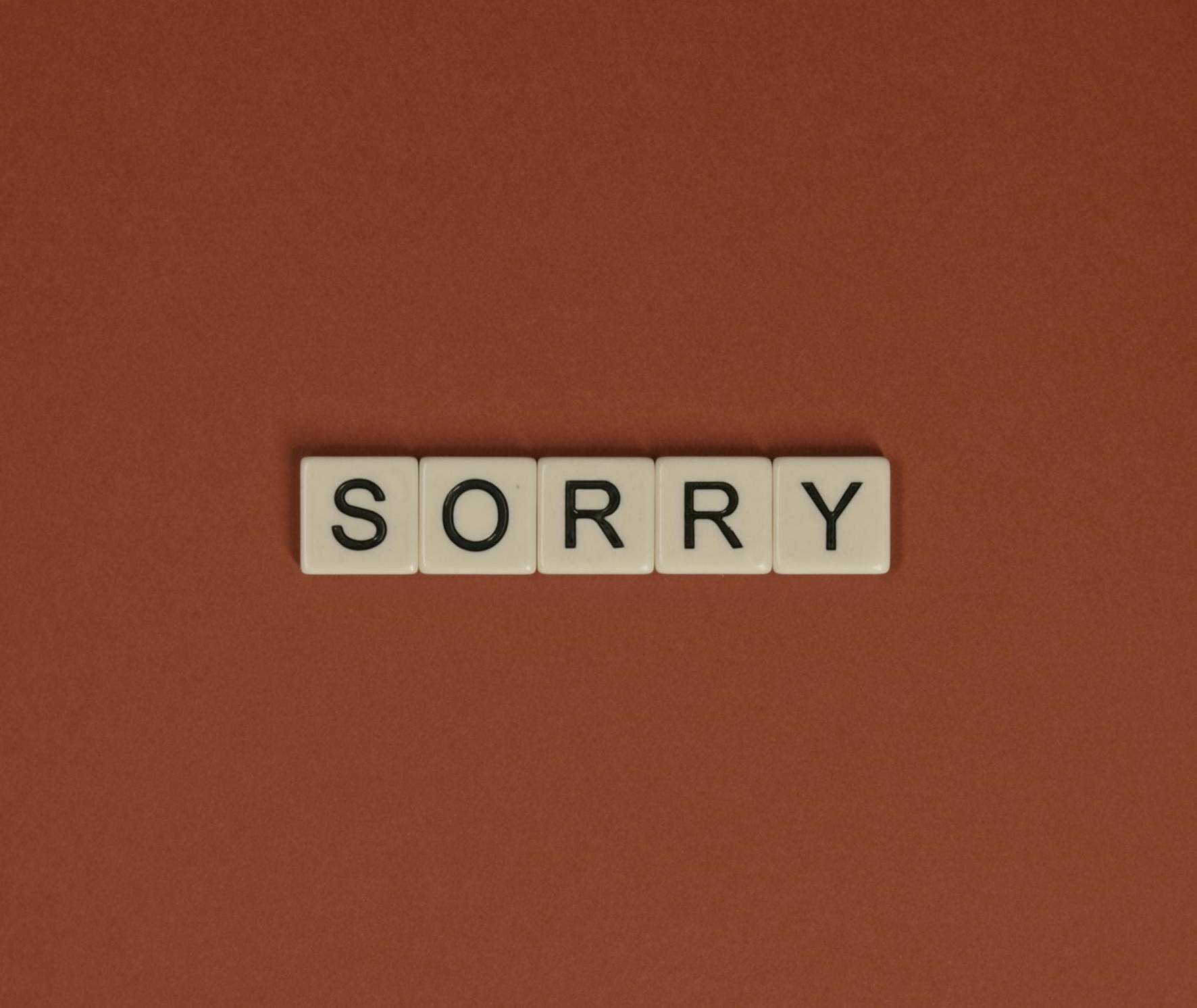We know that Oscar is grouchy, but can he learn to be more kind? The folks behind Sesame Street think so.
Responding to concerns about the unkind state of today’s world, the beloved children’s program dedicated its new season to the topic of kindness (that’s with the letter “K”).
“We know that our world is changing, [and] parents are commenting that their children are being born into an unkind world,” says Rosemarie Truglio, senior vice president of curriculum and content for Sesame Workshop, the non-profit education company that produces the show.
Sesame Street, now in its 47th year, has always promoted pro-social and kind behavior, Truglio notes. Indeed, its founding mission was “to help children grow smarter, stronger, and kinder.”
But research has revealed that early development of self-regulation and executive function—which includes things like impulse and emotional control, flexible thinking, planning, and self-monitoring—are strong predictors of health, educational achievement, and even financial stability in adulthood. And when these skills are applied in the development of empathy and compassion—in other words, kindness—it results in stronger friendships, more social success, and greater happiness.
“You can take these executive function strategies and link it to being kind. Not just how do you calm down, but so that you can step outside of yourself and realize you can do something nice for someone else,” Truglio explains.
“Cognitively it’s hard for children to take on the perspective of someone else. Through the characters, we can model that behavior.”
—Rosemarie Truglio, senior vice president of curriculum and content for Sesame Workshop
To formulate its Kindness Curriculum—a yearlong process that started in 2015—Sesame Workshop tapped the expertise of research scientists, educators and teachers, including the University of Wisconsin-Madison’s Center for Healthy Minds, which developed a mindfulness-based kindness curriculum that’s being taught in select Madison-area schools.
“I was impressed with the energy, the inquisitiveness, and what appeared to be the real desire to do what they could to bring this topic to the forefront,” says Laura Pinger, a senior outreach specialist for Healthy Minds.
She and associate scientist Lisa Flook shared the center’s 12-week curriculum, which includes songs, literature, and activities that revolve around kindness or sharing, and mindfulness practices such as belly breathing and a “mind jar” filled with water and glitter that helps kids notice how thoughts get agitated and then settle. They also discussed early research results showing higher academic performance and improvements on measures of altruism and gratification delay among students who participated in the training.
The Kindness Kid — Acts of Kindness
Pinger and Flook say they weren’t sure how their presentation might influence the show, but they’ve had a few hints from episodes early in the season. For example, a new character, the Kindness Kid, teaches the characters about doing kind acts, such as giving hugs, cleaning up, helping someone carry groceries, sharing, or giving a compliment.
During that same episode, Flook noticed, Grover gets frustrated that every time he tries to be kind, something goes wrong. That is until he’s told, “trying to help counts as kindness.”
“It’s the intention that matters,” she says. “Even just trying is kind.”
Pinger picked up on a phrase that’s repeated again and again by different characters: “I feel good on the inside when I do something for a friend.”
“The reason that kids do things for other kids is because it makes them feel good on the inside,” she says.
Be Kind to Your Worm Day — Putting Other’s Well-Being First
And it’s clear that irascible Oscar the Grouch has gotten a “kind” attitude adjustment. In “Be Kind to Your Worm Day,” neighbors from the street are headed to a nearby garden to celebrate, but Oscar doesn’t want to go or to bring his pet worm and best friend, Slimey. With the urging of his friends, he decides to do the kind thing by putting Slimey’s happiness first, and joins the fun.
“That’s an example of putting yourself in check, calming down, and putting the emphasis on someone you care about, in this particular case, his friend, his worm,” Truglio says. “Cognitively it’s hard for children to take on the perspective of someone else. Through the characters, we can model that behavior.”
She hopes that parents will be watching and reinforcing these messages at home. “We’re looking for learning increases in children’s understanding of what kindness is and what it is to be empathic and compassionate, and for parents to co-engage with their kids. Kids are watching us, we’re the role models.”
Kindness will be woven into episodes throughout Sesame Street’s 2017 season, which airs first on HBO and then on public television.








